News
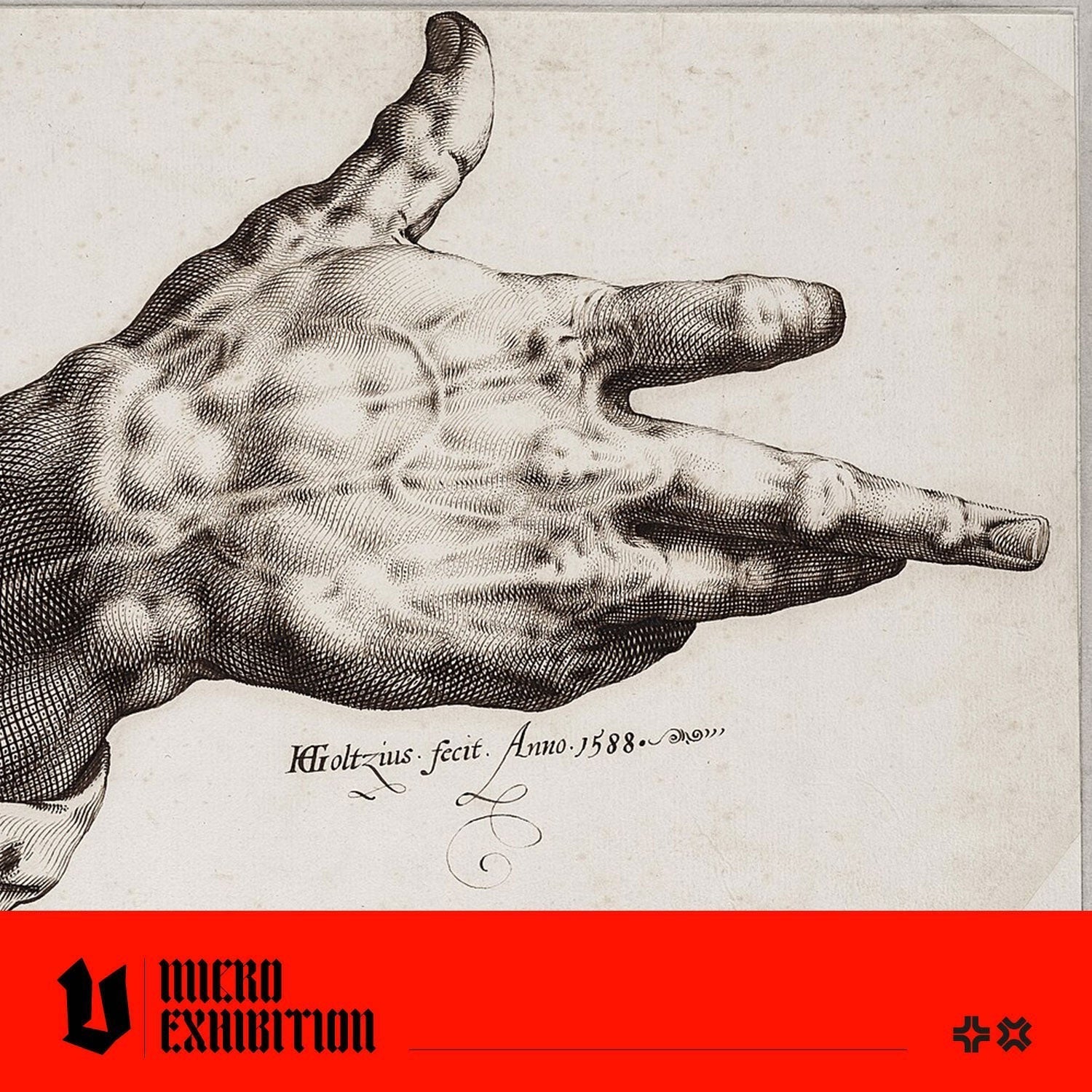
Art History
Hendrick Goltzius: The Engraver Whose Visionary Linework Shaped European Printmaking
Hendrick Goltzius was a Dutch engraver and painter whose astonishing technical skill shaped the work of his contemporaries and generations beyond. Today, we’ll look closely at two of his signature engraving techniques, the swelling line and the dot and lozenge method, exploring how they work, why they matter, and studying some beautiful examples along the way.
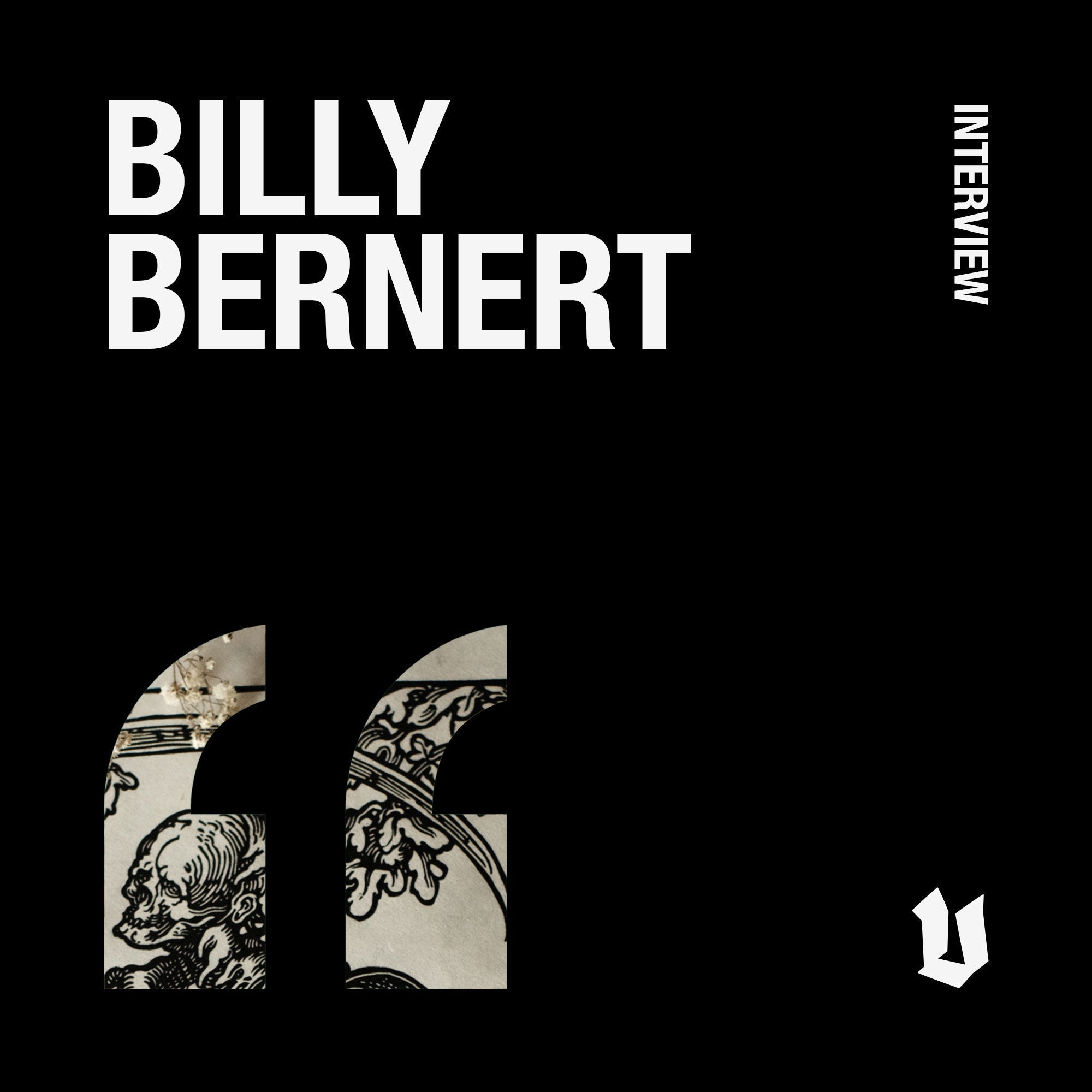
Artist Interview
Billy Bernert x Vault Editions: Artist Interview
Tattoo artist, illustrator, and printmaker Billy Bernert is known for his blackwork and engraving-inspired tattoos. His practice channels the aesthetics of old woodcuts and copper engravings, drawing on the legacy of Albrecht Dürer and his contemporaries from the 15th century. Working from his studio, Sulphur Tattoo, in the German countryside, Billy captures and reimagines the visual power of the Old Masters while weaving in modern influences. His practice spans disciplines, from bold, one-off tattoo designs to illustrations and woodcuts he carves and prints himself, all rooted in the tradition and texture of historical printmaking.
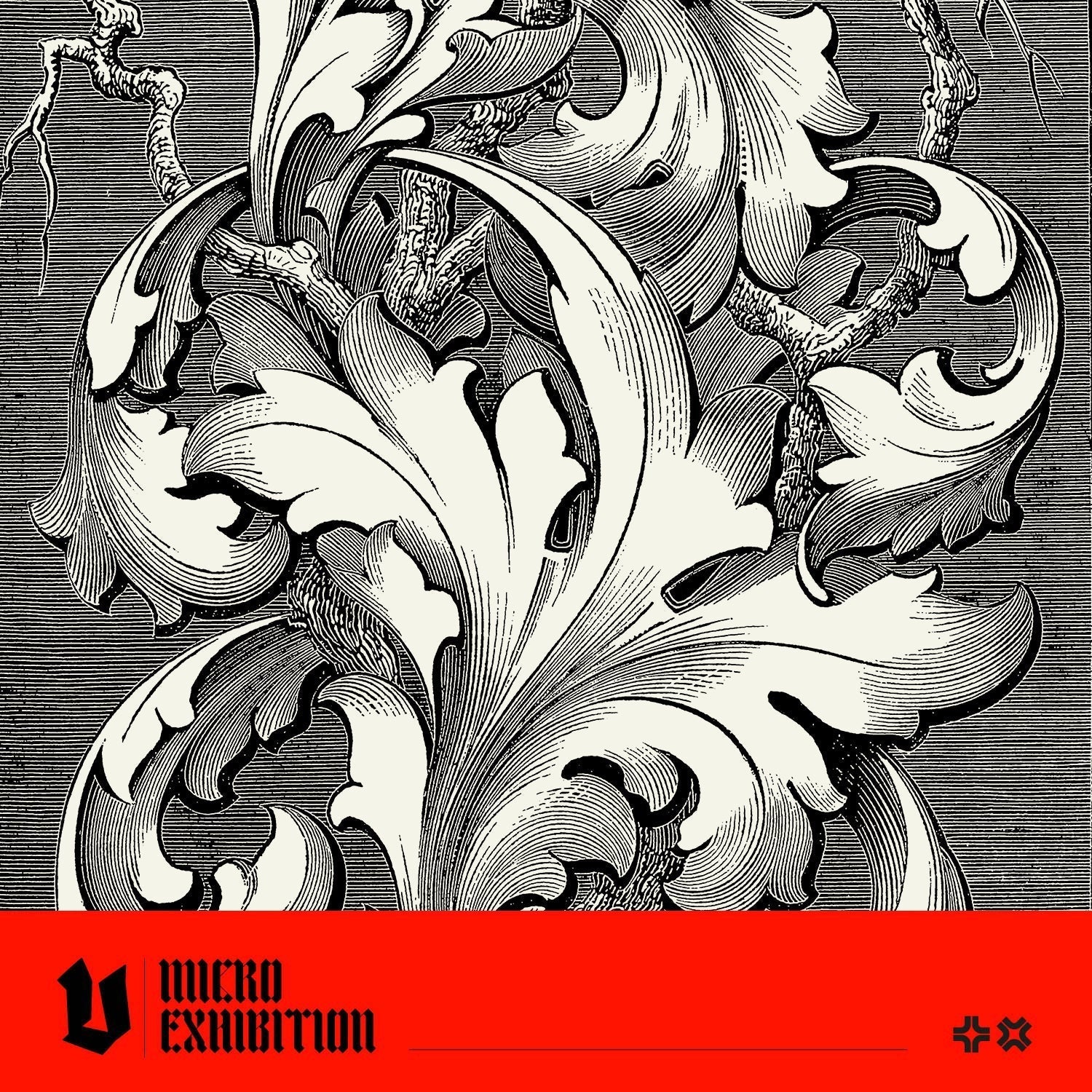
Art Education
Celebrating the Season of Decay: How Autumn Can Inspire Your Art
It’s autumn for those of us in the Northern Hemisphere, and this time of year is especially inspiring for artists and designers; the sunlight flattens and cools the day’s colours, nights darken and draw in earlier, and the trees slowly turn from green to gold. It’s the perfect season to explore themes of transformation, texture, and impermanence in your work. If you’re feeling inspired by the shifting light and fading colour, here are five ideas for you to get started

Artist Interview
Celia Dunne x Vault Editions: Artist Interview
Sydney-based tattoo artist and painter Celia Dunne specialises in black and grey realism, dark metal lettering, and abstract ornamental design. With 12 years of experience in the tattooing industry, she has established a reputation not only in her native Australia but also internationally, traveling for guest spots and conventions. Known for her relentless work ethic and dedication to the craft, Celia’s creative practice seamlessly transitions between tattooing, painting, and merchandise design, often collaborating with brands and fellow creatives to continually push her creative boundaries.
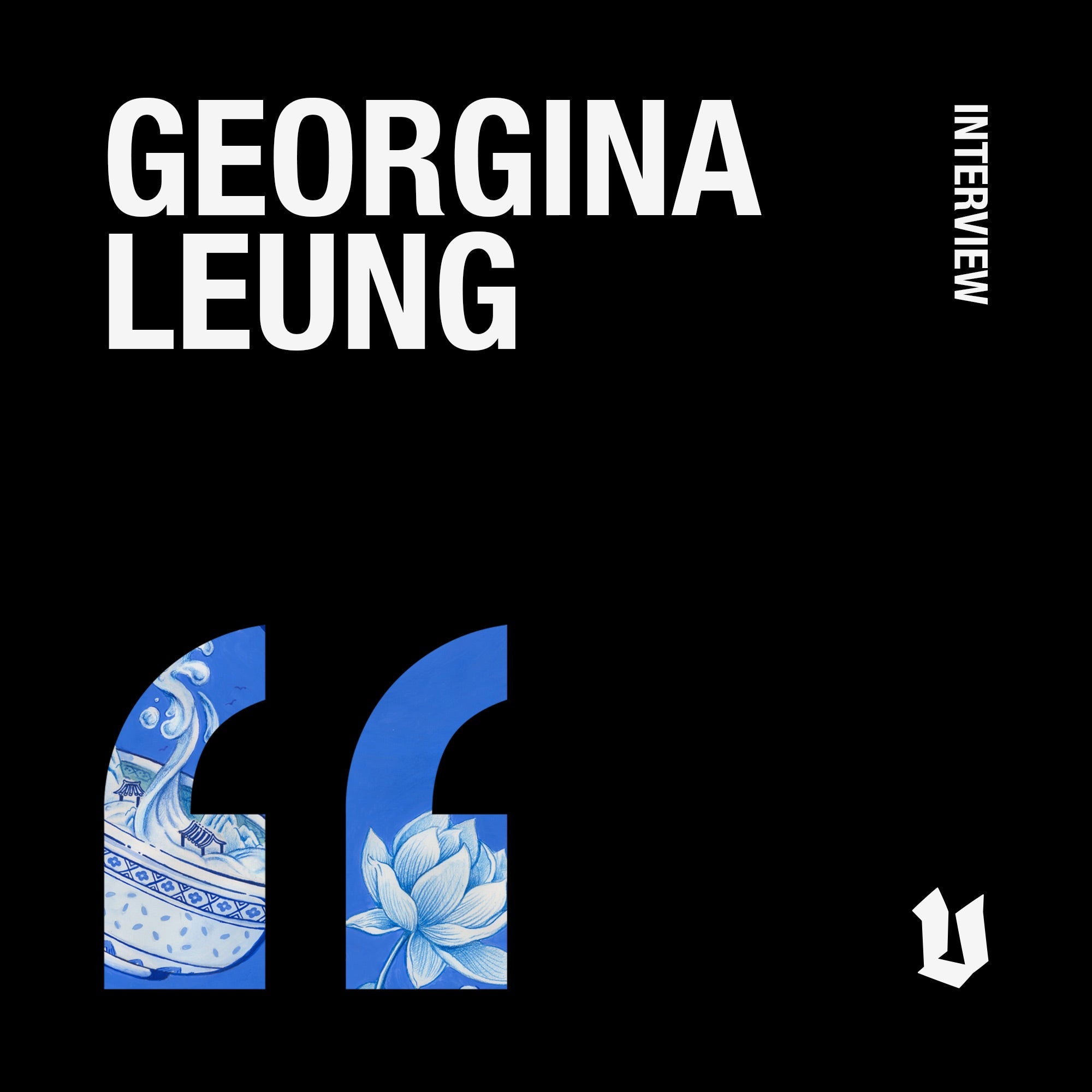
Artist Interview
Georgina Leung / Chop Stick n Poke X Vault Editions: Artist Interview
Georgina Leung is a London-based tattoo artist, illustrator, and maker, born to Hong Kong immigrant parents and trained in Jewellery Design at Edinburgh College of Art. After nearly a decade working in commercial fashion as a senior jewellery designer, she founded Chop Stick n Poke (@chop_stick_n_poke) in 2020, a joyful, tattoo-inspired project born from creative burnout and a desire for something more personal. Her work blends playful flash tattoo-style illustrations with colourful nods to the Asian diaspora and everyday life.

Artist Interview
Yuko Shimizu x Vault Editions: Artist Interview
Yuko Shimizu is a multi-award-winning Japanese illustrator based in New York City, with over 20 years of experience across a wide range of disciplines. In addition to her illustration practice, she is also an instructor at The School of Visual Arts.
Her clients span major media, publishing, tech, and cultural institutions. Yuko is also a two-time Hugo Award nominee (2019, 2020) and a recipient of multiple Clio Awards (2023). She was awarded the Caldecott Honor in both 2021 and 2025 for her work on the children’s books ‘The Cat Man of Aleppo’ and ‘Up, Up, Ever Up! Junko Tabei: A Life in the Mountains’. In 2009, Newsweek Japan named her one of the “100 Japanese People the World Respects.”
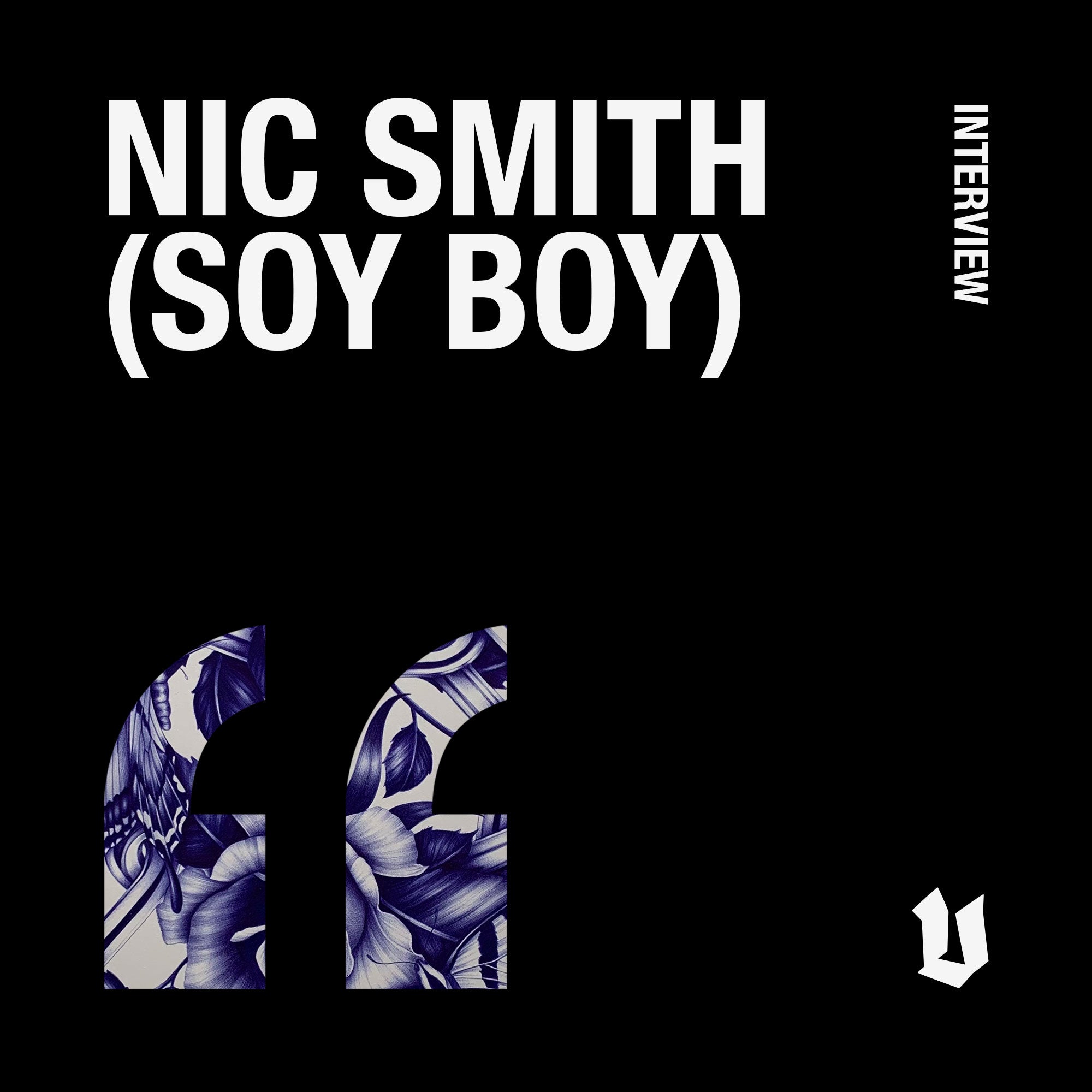
Artist Interview
Nic Smith / Soyboy x Vault Editions: Artist Interview
Nic Smith, also known as Soyboy, is a tattoo artist and illustrator based in Melbourne, Australia. His creative practice draws from a rich blend of visual references, including Biblical iconography, Greco-Roman mythology and sculpture, the natural world, and classical art movements. Working somewhere between illustrative fineline, blackwork, and stippled realism, his tattoos balance technical precision with expressive detail and symbolic depth.

Artist Interview
Kacper Giłka x Vault Editions: Artist Interview
Kacper Giłka is a Polish illustrator whose work has been commissioned by clients worldwide. His illustrations have appeared in projects for bands such as Whitechapel, Epica, Caliban, Sylosis and Matt Heafy of Trivium, as well as for the MetalDays Festival and brands including Soundgrowler Brewing, The Bookish Box, and Grains of Wrath. His artwork has been featured in books published by Heavy Music Artwork and Out of Step Books Press. His artwork has appeared on a wide range of formats, including book covers, vinyl, game art, posters, t-shirts, beer cans, and digital media. A proud husband and father, Kacper continues to grow an expansive portfolio, offering both custom commissions and pre-made illustrations available for print and licensing.

Artist Interview
Tomo77 x Vault Editions: Artist Interview
Tomo77 is a Costa Rica-based artist whose bold, graphic work explores human behaviour, capitalism, and pop culture, shaped by his immigrant experience. With over 30 years in design and art, his work has appeared in exhibitions at La Luz de Jesus, LA, Saatchi Gallery 1st London, Stolenspace, One Grand Gallery PDX, Mortal Machine NOLA, Mirus SF, Palazzo di Espozisioni di Roma, and the Museum of Contemporary Art and Design, Costa Rica. It has been featured in Hi-Fructose and Juxtapoz.
He's collaborated with Devo, Pearl Jam, Mastodon, Mike Doughty, Alien Ant Farm and Shepard Fairey, bringing a distinct visual voice to every project. His pandemic-era book Pandemonium acts as a graphic journal of life in crisis, urgent, raw, and reflective. Tomo77's work confronts the present moment with clarity and force, giving form to the stories that need telling.
